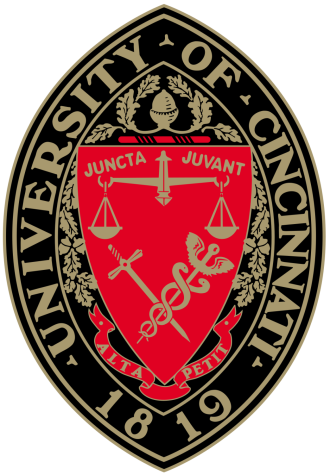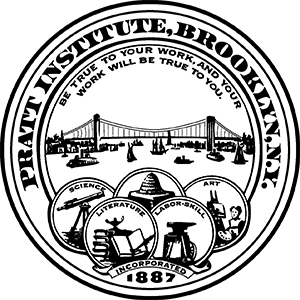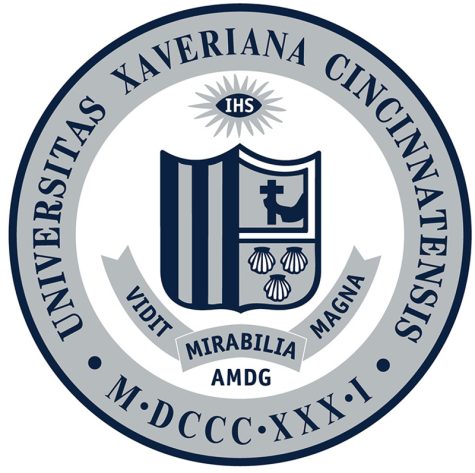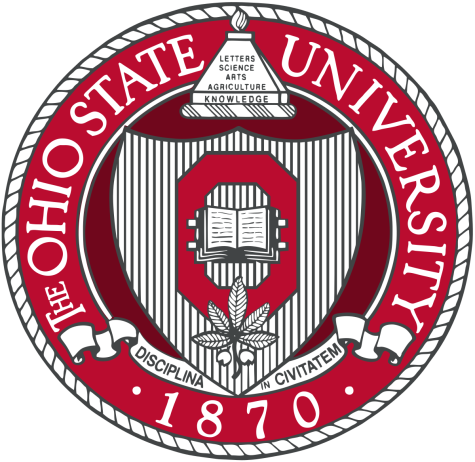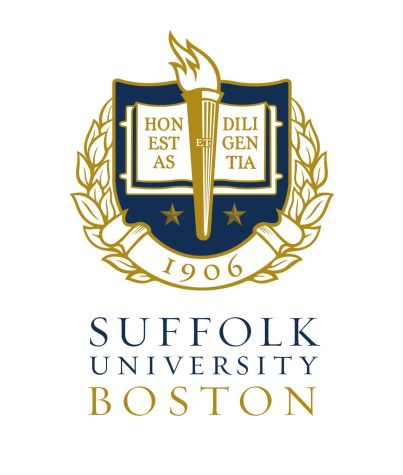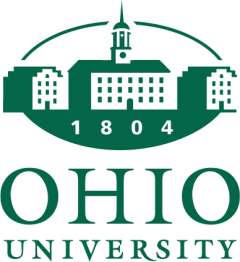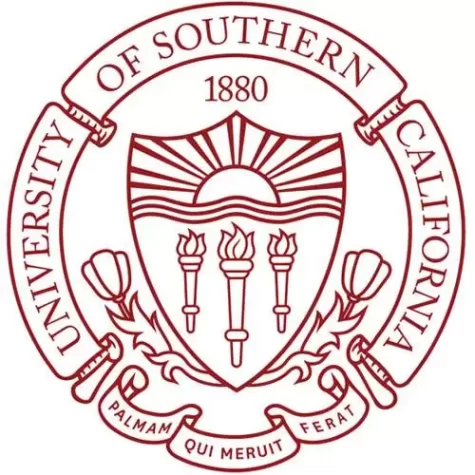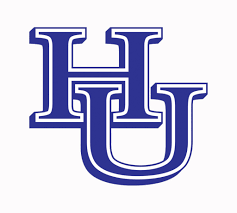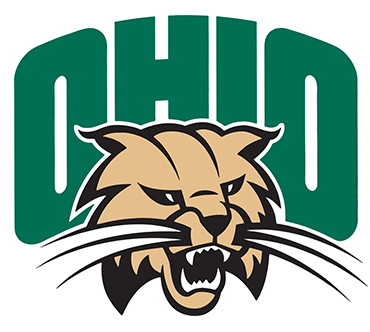College Essay: Bijin Basu to attend Tufts University

May 2, 2022
Something that I did not know when I came out as gay was that I had become a piece of fruit. Apparently, it is not a compliment. No one has ever told me which fruit I was, but I am certain that “fruity” is a slur. Luckily for me, microaggressions were no longer about my race! Rather, they became about me liking someone of the same sex. But being gay has always been me. I guess it means that anything I do—wearing Desi clothing, listening to Poker Face by Lady Gaga, hugging my guy friends—is fruity. But I still did not know what anyone meant by “fruity,” perhaps that being gay is bad? I thought I had been doing enough work within my communities to stop that, but the truth is that the stigma about being queer remained prominent around me.
This past summer I was a Teaching Fellow (T.F.) at Breakthrough Cincinnati, a middle school student enrichment program for high achieving low-income students. The last day of the program was when I had my first interaction with Lamari. Amidst the students screaming their graduation song for Celebration, I heard Lamari make a homophobic comment. He said one word: fruity. Suddenly, I went back to all the times when I was a student sitting in a classroom stopping classmates from saying fruity. That became my job since teachers would suddenly become selective listeners. The conversation was routine: “Bruh, Bijin, it is not directed towards you,” and my response, “But it hurts me and those who are gay. You’re making both me and my sexuality a joke.” I now had to have this talk with a 13-year-old.
“I’m not homophobic! I could never hate someone.” Labeling Lamari’s homophobia was the only thing I could do. He explained that a friend touched him on the shoulder and thought that the action itself was gay. I was conflicted. DJ was at fault for violating Lamari’s space, but I felt hopeless thinking about how Lamari could stereotype gay people as predators. I had to step back from the conversation that inevitably became personal.
My sophomore year, students had spread rumors that my presence bothered other straight boys. I relived trauma through my conversation with Lamari. It was difficult not to out myself and describe my hurt. I had to be professional. I should not have to explain my gayness to justify why hate is wrong.
At Breakthrough, I taught English and aspired to create an inclusive classroom for my students to thrive. When developing my first lesson plans, I drew inspiration from my experiences relating to homophobia and racism. I purposely centered my curriculum around the values of diversity and inclusion. My goal was simple: to create a classroom where students would learn about themselves through literature.
My students learned about the spectrum of identity. They read The Absolutely True Diary of a Part-Time Indian, a novel about an Indigenous boy facing adversity at a private school. Through written assignments or Socratic seminars, each of my students in some way related to the main character Junior. For example, Leeasia felt safe enough to come out of the closet, Amaya revealed an abusive friendship that she left behind, and Ja’mes reflected on his anger about being held back in a white-dominated world. But Lamari was not in my class, his comment was a reality check for me. Not everyone in Breakthrough—not everyone in the world—has been in an environment like my classroom.
I hope I had an impact on Lamari, but the reality is that I do not know if I did. I had a singular conversation with him, on the last day of Breakthrough. I could not see out his growth, we did not have a clichéd, heartwarming, character developing, breakthrough moment. I left unsatisfied. But this is the real world. All I can do is plant a seed—interrupt the bias.



